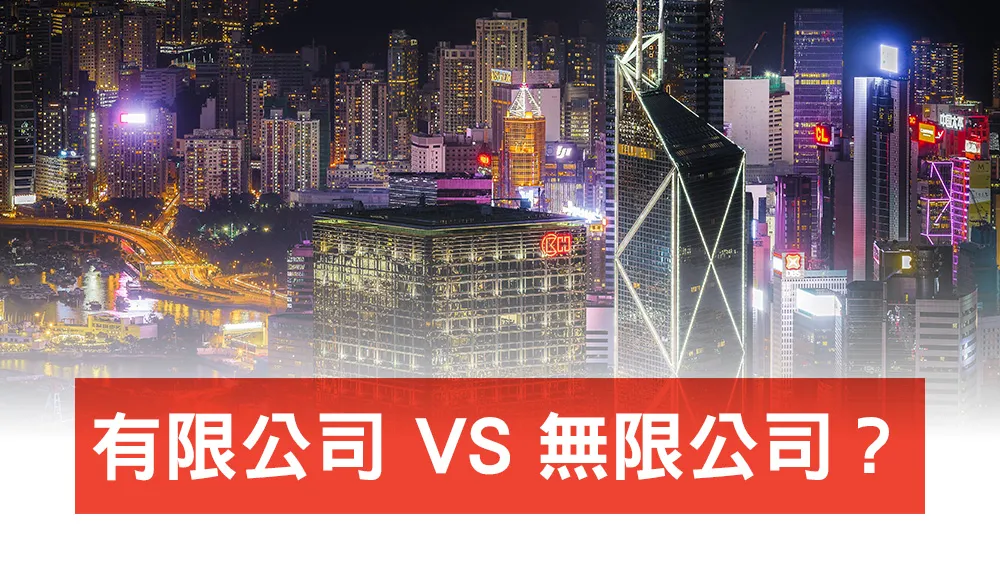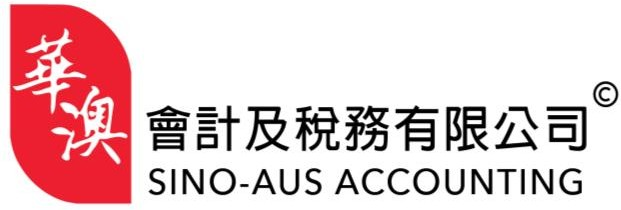
Unlimited companies, similar to sole proprietorships and partnerships, do not have a legal identity separate from their owners.
Consequently, the company itself cannot enter into contracts; instead, contracts must be signed in the names of the relevant sole proprietor or partners.
If an unlimited company becomes insolvent, the sole proprietor or partners face personal liability, which can lead to personal bankruptcy. Furthermore, these entities lack perpetual succession. This means the business may be dissolved upon the owner's death, bankruptcy, or if a partner leaves. There are also restrictions on ownership: a sole proprietorship can only have one owner, while a general partnership is typically limited to 20 partners. Despite these disadvantages, unlimited companies offer certain advantages. They are not required to file audited financial statements with the Companies Registry, leading to lower accounting and auditing costs. The proprietor or partners simply need to prepare accounts for their annual tax return. Regarding taxation, unlimited companies have tax advantages over limited companies. As of 2025, the tax rates are as follows:
The first HKD 2 million of taxable profits is taxed at 8.25% for limited companies, and 7.5% for unlimited companies.
Any taxable profits above HKD 2 million are taxed at 16.5% for limited companies, and 15% for unlimited companies.
